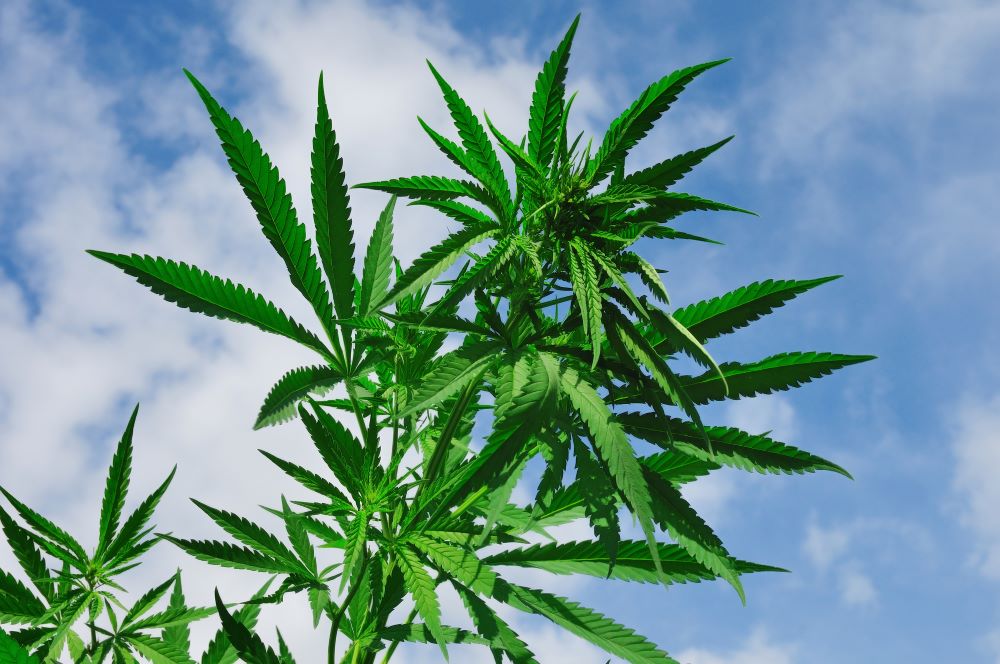Revealing the Truth About Marijuana: Truths and Myths You Need to Know
When it comes to cannabis, steering via the maze of info can be tricky. You may have heard cases regarding its benefits and dangers, yet distinguishing between reality and myth is necessary. Comprehending the real tale behind cannabis might change your perspective on its usage.
The History of Cannabis: A Trip With Time
As you examine the history of marijuana, you'll uncover that this plant has actually been intertwined with human civilization for thousands of years. From there, marijuana spread throughout Asia, discovering its method into old Egypt, India, and Greece.
In the 19th century, marijuana acquired popularity in Western medication, often suggested for conditions like discomfort and sleeping disorders. By the early 20th century, mindsets changed substantially. Lots of nations started restricting its use, driven by social and political factors instead of scientific proof.
Today, as you investigate cannabis's rich history, you'll see exactly how social assumptions have developed, showing wider adjustments in society, regulation, and scientific research. Understanding this journey assists debunk marijuana and its duty in our globe.
Recognizing the Scientific Research: How Cannabis Works in the Body
To comprehend exactly how marijuana impacts your body, you need to recognize about the endocannabinoid system. This system plays a crucial role in regulating various functions, and it's everything about the cannabinoid receptors. When you take in cannabis, these receptors engage with the compounds in the plant, leading to the impacts you experience.
Endocannabinoid System Review

Cannabinoid Receptors Described
Cannabinoid receptors are important parts of the endocannabinoid system, and they play an essential function in exactly how marijuana impacts your body. There are two major types: CB1 and CB2. CB1 receptors are primarily located in your brain and central anxious system, influencing memory, mood, and pain understanding. When THC binds to these receptors, it creates the euphoric effects commonly related to marijuana. On the various other hand, CB2 receptors are discovered in your body immune system and outer cells, contributing in swelling and immune feedback. Cannabinoids like CBD connect with these receptors differently, providing prospective restorative advantages without the psychoactive effects. Recognizing these receptors aids you grasp just how cannabis can influence various physical processes in your body.
Disproving Typical Myths: Dividing Truth From Fiction
You might have heard some disconcerting claims concerning marijuana, like it constantly causes addiction or that it can harm your knowledge. It's time to establish the record straight and check out the truths behind these common myths. Let's discover whether clinical use actually positions any threats.
Cannabis Creates Dependency
Although many think that marijuana inevitably leads to dependency, study paints a more nuanced photo. Researches suggest that about 9% of marijuana individuals might develop a reliance, a figure that increases for those who start young or utilize heavily. Instead of watching marijuana as a one-size-fits-all threat, consider the wider context of its use and the varying experiences among users.
Marijuana Impairs Intelligence
While problems regarding cannabis dependency commonly control discussions, an additional prevalent misconception is that cannabis impairs knowledge. Some researches suggest that cannabis might boost creative thinking and analytical abilities. If you're using cannabis properly, you're unlikely to see any type of harmful impacts on your knowledge.
Clinical Use Is Unsafe
Several individuals think that medical marijuana is hazardous, however this notion frequently stems from mistaken beliefs rather than facts. In reality, when used under clinical supervision, cannabis can offer significant alleviation for numerous problems like chronic discomfort, epilepsy, and stress and anxiety. While some worry dependency or side effects, researches suggest that medical marijuana has a lower risk of dependancy contrasted to opioids.
The Restorative Benefits of Marijuana: What Research Study Reveals
As study remains to unfold, the healing benefits of marijuana are coming to be significantly obvious. You could be stunned to discover that cannabis has shown promise in relieving chronic discomfort, minimizing inflammation, and boosting sleep top quality (Cannabis store). Many studies recommend that cannabinoids, the energetic substances in cannabis, connect with your body's endocannabinoid system, helping to manage numerous physiological features

While even more study is needed to fully comprehend its impacts, the potential therapeutic applications of marijuana are broadening. If you're taking into consideration marijuana for medical objectives, it is crucial to speak with a medical care specialist to ensure secure and informed usage tailored to your particular needs.
Legalization: The Current Landscape and Future Trends
The growing recognition of marijuana's healing benefits has actually stimulated a significant change in public understanding and plan bordering its legalization. Currently, over 40 United state states have legalized cannabis for medical usage, and many are additionally enabling recreational usage.
Looking ahead, you can expect more changes in regulations. As study proceeds to support the benefits of marijuana, more areas are most likely to take on legalization. Furthermore, the expanding cannabis sector is producing job possibilities and boosting regional economic situations, making legalisation a compelling financial debate. However, remain notified about the continuous debates around guideline, tax, and social equity, as these variables will shape the future of marijuana legalization in your area and beyond.
Threats and Side Impacts: What You Need to Be Familiar With
Have you considered the prospective threats and adverse effects of marijuana use? While many individuals take pleasure in marijuana for its advantages, it's vital to be familiar with what it can do to your body and mind. Temporary results can include increased heart rate, dizziness, and stress and anxiety, specifically for brand-new customers or those consuming high-THC strains. You could also experience impaired memory and cognitive feature, which can be concerning if you require to concentrate on crucial jobs.
Lasting usage might bring about reliance, breathing concerns from cigarette smoking, and prospective psychological illness, including a raised danger of depression or anxiety. If you're vulnerable to specific conditions, cannabis might aggravate them. Constantly consider how it connects with any type of medications you take. Remaining notified about these dangers assists you make better selections concerning your cannabis usage and assurances you prioritize your health and wellness.
Responsible Usage: Guidelines for Cannabis Customers
Comprehending the threats and side effects of marijuana is simply the first action; accountable usage is equally vital. Pick a safe setting where you feel comfy and can relax, particularly if you're attempting cannabis for the see very first time.
Constantly focus on quality over quantity. Purchase products from reliable resources to assure safety and strength. If you're using marijuana for clinical factors, seek advice from a healthcare expert for customized guidance.
Avoid mixing cannabis with alcohol or other compounds, as it can intensify results and lead to uncertain results. Be conscious of those around you; respect others' choices and regional laws regarding marijuana use.
Regularly Asked Concerns
Can Cannabis Aid With Anxiousness and Clinical Depression Signs And Symptoms?
Marijuana could aid soothe anxiousness and anxiety symptoms for some individuals, however it's not an ensured service. You ought to speak with a health care professional to explore safe alternatives and identify what works best useful reference for you.
What Are the Distinctions Between Hemp and Cannabis?
Hemp and cannabis are both marijuana plants, but they differ in THC web content. Hemp includes much less than 0.3% THC, making it non-psychoactive, while marijuana has greater degrees, causing its intoxicating impacts.
Is Marijuana Addictive or Can It Cause Chemical Abuse?
Cannabis can be habit forming for some people, particularly with hefty use. You could develop a tolerance or experience withdrawal symptoms. It is important to be conscious of your consumption and identify when it might come to be bothersome.
How Does Cannabis Affect Driving and Electric Motor Skills?
Cannabis can hinder your driving and electric motor abilities by influencing control, response time, and judgment. Marijuana dispensary. If you're intoxicated, it's ideal to prevent supporting the wheel to ensure your security and others'
What Is the Distinction In Between CBD and THC?
CBD and THC are both cannabinoids from cannabis, however they impact you in different ways. THC's psychoactive, see here now giving you a high, while CBD isn't, commonly providing therapeutic advantages without drunkenness. Recognizing this helps you choose items wisely.
Conclusion
In recap, steering through the globe of cannabis calls for a clear understanding of both its advantages and false impressions. Bear in mind, expertise is crucial in accepting marijuana safely and efficiently.